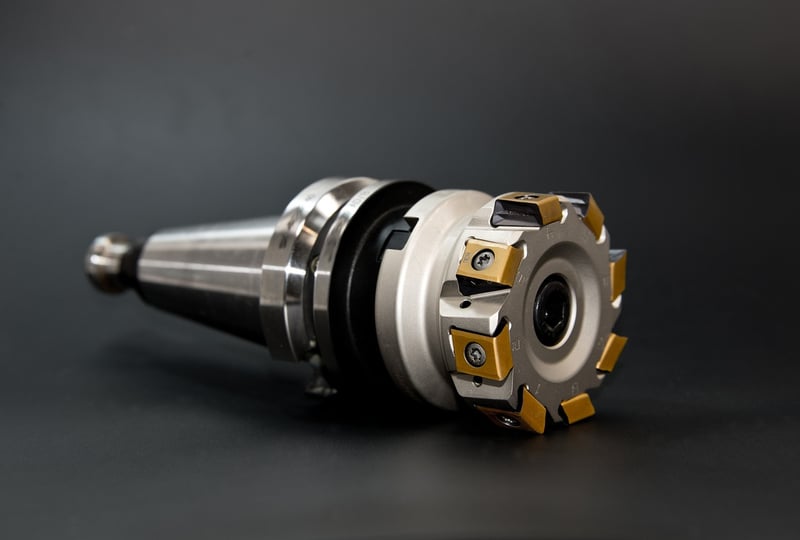Time-Travel Gadgets
The Science Behind Time Travel
Time travel has long captured the imagination of people worldwide, appearing in countless works of fiction and sparking curiosity about its possibility in reality. While time travel remains a theoretical concept, the idea is rooted in various scientific theories, including Einstein's theory of relativity and quantum mechanics.
Einstein's Theory of Relativity
Albert Einstein's theory of relativity, particularly the theory of general relativity, provides a framework for understanding how time can be affected by gravity and velocity. According to this theory, massive objects can bend spacetime, causing time dilation.
Wormholes and Black Holes
Wormholes are hypothetical passages through spacetime that could create shortcuts for time travel. While wormholes remain speculative, they are consistent with the equations of general relativity. Black holes, on the other hand, are regions of spacetime where gravity is so strong that not even light can escape. Some theories suggest that black holes could offer potential pathways for time travel.
Quantum Mechanics
Quantum mechanics, the branch of physics that deals with the behavior of subatomic particles, also plays a role in the concept of time travel. Quantum entanglement, superposition, and other phenomena suggest that particles can exist in multiple states simultaneously, raising the possibility of manipulating time at the quantum level.
Time-Travel Gadgets
While time travel devices like those seen in movies are purely fictional, some gadgets and technologies in the real world can help us explore the concept of time in unique ways.
Atomic Clocks
Atomic clocks are incredibly precise timekeeping devices that use the vibrations of atoms to measure time. They form the basis of our modern timekeeping systems and are essential for technologies like GPS.
Large Hadron Collider (LHC)
The Large Hadron Collider, located at CERN, is the world's largest and most powerful particle accelerator. While not a time machine, the LHC allows scientists to study particles at high energies, providing insights into the fundamental laws of the universe.
Quantum Computers
Quantum computers leverage principles of quantum mechanics to perform calculations at speeds far exceeding classical computers. While not designed for time travel, quantum computers have the potential to revolutionize computing and solve complex problems more efficiently.

While time travel remains a fascinating subject that continues to captivate scientists and enthusiasts alike, the quest to unlock its secrets pushes the boundaries of our understanding of the universe and the nature of time itself.
